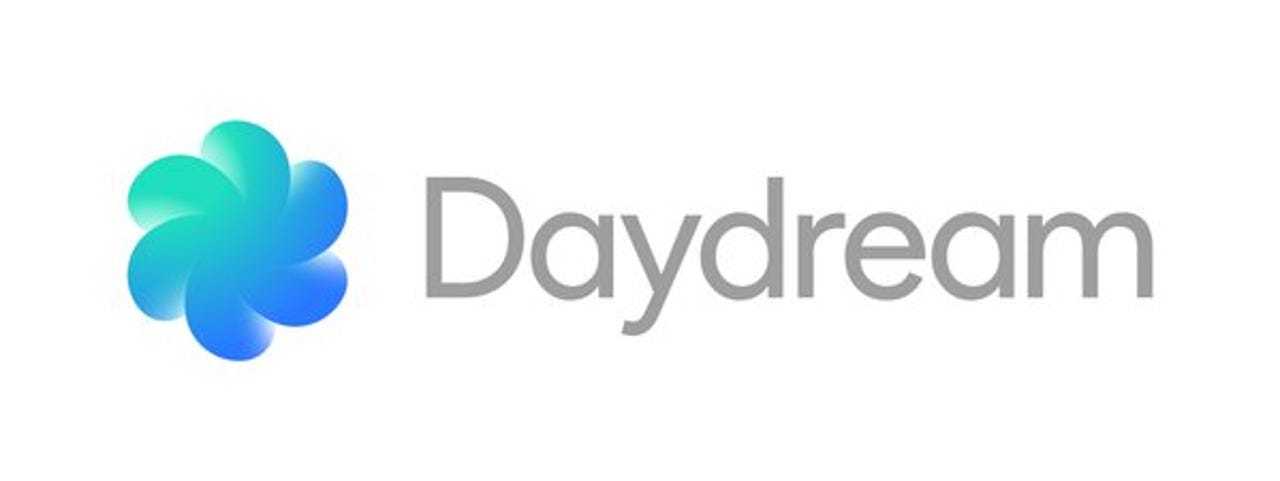VR platform Daydream unveiled at Google I/O


At the Google I/O conference Wednesday, Google unveiled Daydream, a platform for high quality mobile virtual reality, that will be available this fall.
Moving beyond its affordable but limited Cardboard VR headset, Google's Daydream will include "Daydream ready" smartphones, a headset, a controller, and a whole range of apps and experiences accessible through Google Play. It's all designed "in concert and open and at the scale of Android," Clay Bavor, Google's vice president of virtual reality, said during the I/O keynote.
Bavor also announced a slew of major partnerships that will power the Daydream experience, starting with device makers. Google created a set of phone specifications -- such as requirements for powerful mobile processors and sensors for accurate head tracking -- to determine whether smartphones are "Daydream ready."
Google I/O 2016: Scenes from the developer conference
Samsung, LG, ZTE, Huawei, Asus and other smartphone manufacturers are building devices compatible with the Daydream ready specs, and several will be available this fall. The Google VR team has created a reference design for headsets that will work seamlessly with Daydream ready phones, but Bavor did not name any specific manufacturers.
In terms of Daydream software, Bavor said that Google's VR team has focused on particular performance metrics like motion latency, bringing latency down to under 20 milliseconds.
"These improvements are part of the core of Android N, so the entire ecosystem can benefit," he said.
On the content side, Bavor announced major players, including Hulu, Netflix and IMAX, who are bringing their libraries to Daydream. Additionally, Google has built Google Play specifically for VR so that users can browse for games and apps in VR.
Other Google tools will also be incorporated into the Daydream experience, including Google Photos and Street View. Additionally, "We've rebuilt Youtube from the ground up for VR," Bavor said.
Development for Daydream can start with the latest developer build of Android N, Bavor said. Google's interested in making enhanced realities ubiquitous is clear simply from the I/O agenda, which includes as many as 18 sessions about VR. The intense focus on VR sets up a rivalry with Facebook, which is already gaining traction in VR through Oculus.
Google's Cardboard has already accomplished some "pretty amazing things," Bavor said, adding that VR should be "mobile, it should be approachable and it should be for everyone." He noted that users have installed more than 50 million Cardboard-enabled apps.